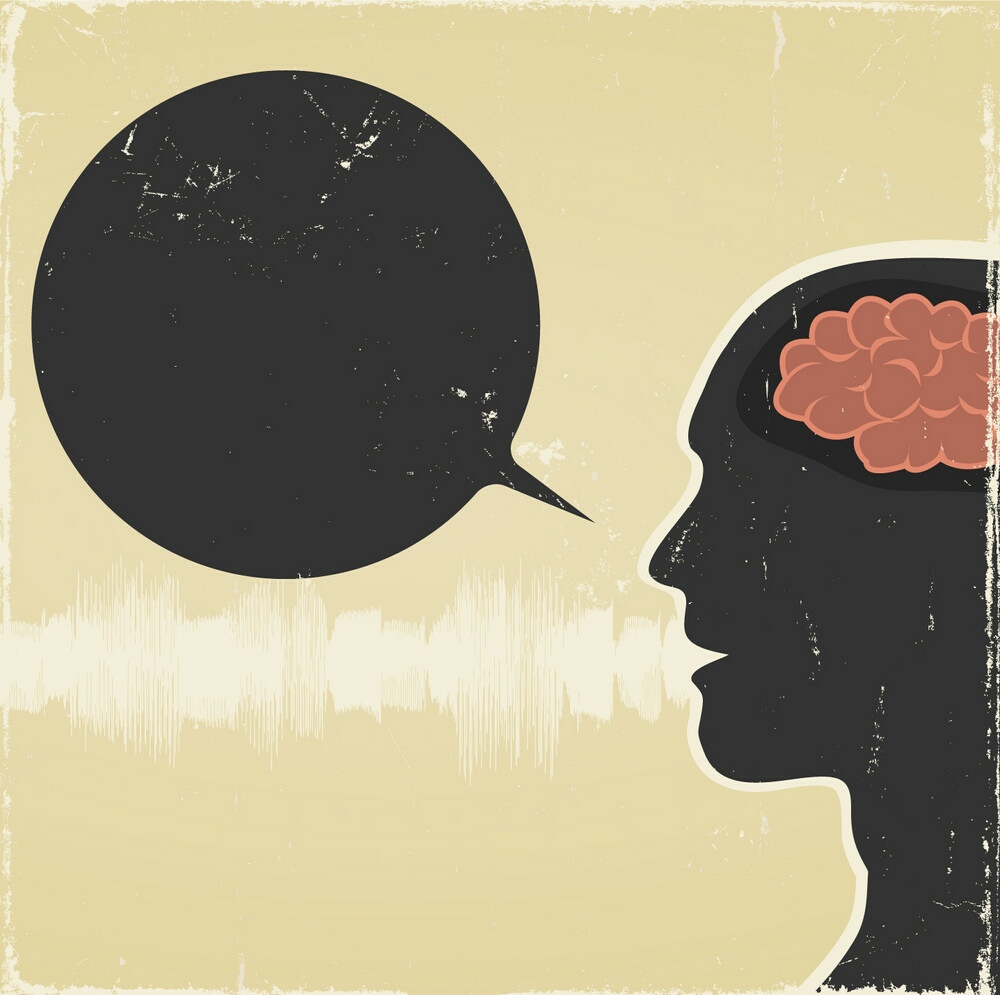Ereti Rhidil Rahman
In simple words, Palatalization refers to a way of pronouncing a consonant in which part of the tongue is moved close to the hard palate. Since it falls under Non-Concatenative Morphological Operation; i.e. Vocalic Changes, we see a change in Non-Palatal consonants sounds as they become palatalized as they have /j/ sound added, for example in the words ‘pure’ and ‘cure’, are pronounced in a way in which it sounds as if there is a ‘y’ in the words, thus making the /p/ and /k/ sounds softer.
In a video by Learn Russian with RussianPod101.com (2018), they have explained that in the word ‘nook’, /n/ is pronounced by pressing the tongue to the back of the teeth, however, in the word ‘new’, the tongue moves from the back of the teeth to the center of the roof of the mouth. Here, the word ‘new’ has a subtle /j/ sound which makes the /n/ sound less sharp. Additionally, Palatalization is not just limited to words but is also used in sentences. According to Stanley (2019), we often palatalize our sentences in casual conversations, especially words that end with /d/, /t/, /s/, and /z/ sounds when the following word starts with a ‘y’. For example, when we say, ‘Did you eat?’, we automatically add a /dʒ/ sound between ‘did’ and ‘you’ since ‘did’ ends with a /d/ and ‘you’ starts with a ‘y’= /j/. Similarly, we add a /ʃ/ sound between /s/ and /j/ when saying ‘I miss you.’
From my research, I have gathered that besides English, palatalization is prominent in Bangla. Bangla palatalization is quite similar to English as it has alveolar consonant sounds like ‘ট’ = /t̪/, ড = /d̪/, ‘স’ = /s/, which can be palatalized. Additionally, Bangla has the Palatal semi-vowel sound /j/, which is represented by the letter ‘য়’, and is used to soften the pronunciation of non-palatal sounds, like in the word ‘দয়া’ (pity).
In conclusion, Palatalization is a process of softening Non-Palatal consonant sounds with Palatal sounds. English words such as ‘pure’, ‘new’, ‘education’, ‘usual’ have palatalized pronunciations; and sentences in English can be palatalized as well. Additionally, English is not the only language where Palatalization occurs, but also extends to other languages like Bangla making it a crucial aspect of studies for Pure Linguistics.

